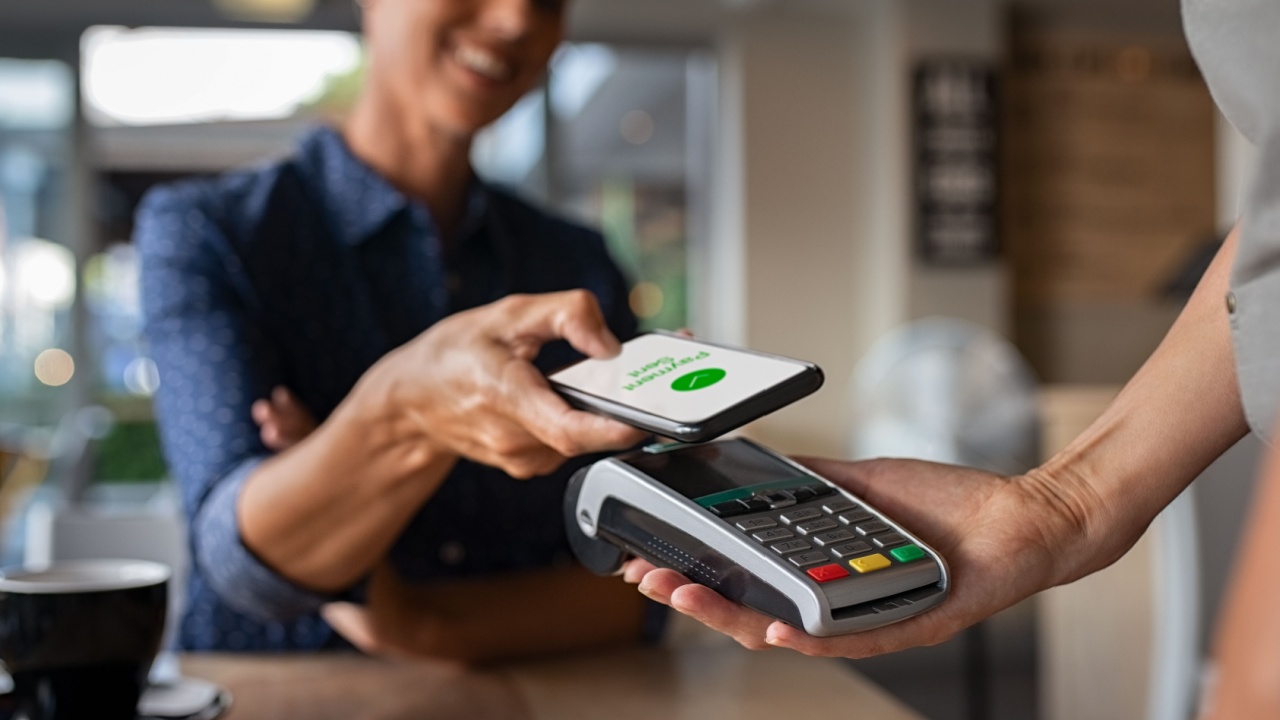17 Bold Predictions for Crypto’s Future After the Meltdown


Cryptocurrency is becoming a hot topic in today’s unstable economy. As traditional money faces uncertainty, more people are turning to digital currencies.
Major players like Bitcoin and Ethereum are gaining traction, raising questions about the future of money. This article explores how cryptocurrencies might reshape finance in a world that’s anything but stable.
We’ll examine the benefits and risks of adopting digital currencies and why some experts are both excited and skeptical. Prepare to dive into the complex world of crypto and understand its potential impact on your financial future.
1. Global Advantage
The fact that cryptocurrencies are digital could make them useful in international transactions during economic turmoil. However, their acceptance varies significantly by country, and they are not universally recognized as a standard form of currency.

Gold has long been considered a stable store of value during economic uncertainty. Some experts believe that cryptocurrencies might offer a digital alternative, though they are still more volatile than gold.

If we don’t have electricity or access to the internet, then crypto is useless. We would unlikely be without electricity, but people would be more interested in basic goods than in cryptocurrencies.

Since crypto is decentralized, it operates outside direct government control, but this also makes it highly volatile and susceptible to market sentiment and regulatory news.

Some cryptocurrencies, like Bitcoin, have a limited supply, which can lead to increased value due to scarcity, especially in a collapsed economy. However, this is not the case for all cryptocurrencies.

If banks were to shut down, cryptocurrencies could provide an alternative means to access funds, provided internet and power are available.

Since there are so many different types of cryptocurrencies, users could choose the currency that works best in a post-collapsed economy. If the dollar doesn’t have value, some cryptos might work instead, so having several different cryptos could be beneficial.

Blockchain technology ensures secure transaction records, but the use of cryptocurrencies still involves risks such as cyber-attacks and fraud.

While cryptocurrencies offer a digital means to transfer value, in a barter-based economy, physical goods might be preferred due to the need for technological infrastructure to use digital currencies.

Another reason for using crypto during an economic collapse is the ability to create community cryptos. These cryptocurrencies could be linked to certain goods in different towns, neighborhoods, or even within a group of people.

Cryptocurrencies currently offer fewer regulatory hurdles compared to traditional currencies, but this could change as global regulations continue to evolve.

Crypto isn’t just a digital version of cash; it also has many other potential uses that would be useful during an economic disaster. Smart contracts could be invaluable as a reliable way to ensure resources go where they should go.

Cryptocurrencies often experience significant value fluctuations, which can make them unpredictable during economic crises. While they offer an alternative store of value, their stability is not guaranteed.

One of the negative aspects of using cryptocurrencies is that they have yet to be widely accepted by merchants, especially when dealing with local businesses. However, if the dollar no longer had value, more businesses would be open to accepting crypto as payment.

During crises that could cause an economy to fail, many people can be displaced or forced to evacuate their homes and communities. In this situation, individuals would have a portable and secure way to carry their wealth during these transitional times.

Cryptocurrencies could offer an alternative means to manage finances during economic uncertainty, though their value and practicality would depend on several factors, including technological infrastructure and government policies.

When planning for the possibility of an economic crash, it is essential to diversify your options, and crypto gives you that opportunity. By investing in cryptocurrency, you will not solely rely on traditional forms of payment and can have more flexibility in your finances.

FIRE – Financial Independence, Retire Early. That’s the dream, right? Quit the rat race and live life on our own terms. It’s totally doable. Plenty of people join the FIRE movement and manage to retire pretty quickly. And there’s a LOT of advice out there on how to do it. Sadly, much of the advice is outdated or just plain bad.

In times of uncertainty, financial stability is more crucial than ever. While prepping for physical emergencies is vital, don’t overlook financial prepping. Avoiding these common money mistakes can help make sure you’re in a stronger position to weather any storm.

Preparing for a recession is more important than ever in these uncertain times. I understand the challenges and fears you might face, so I’ve compiled these 25 actionable tips to recession-proof your prepping plans. Each suggestion can help you stay ahead, ensuring that you’re surviving and thriving, even in tough economic times.
